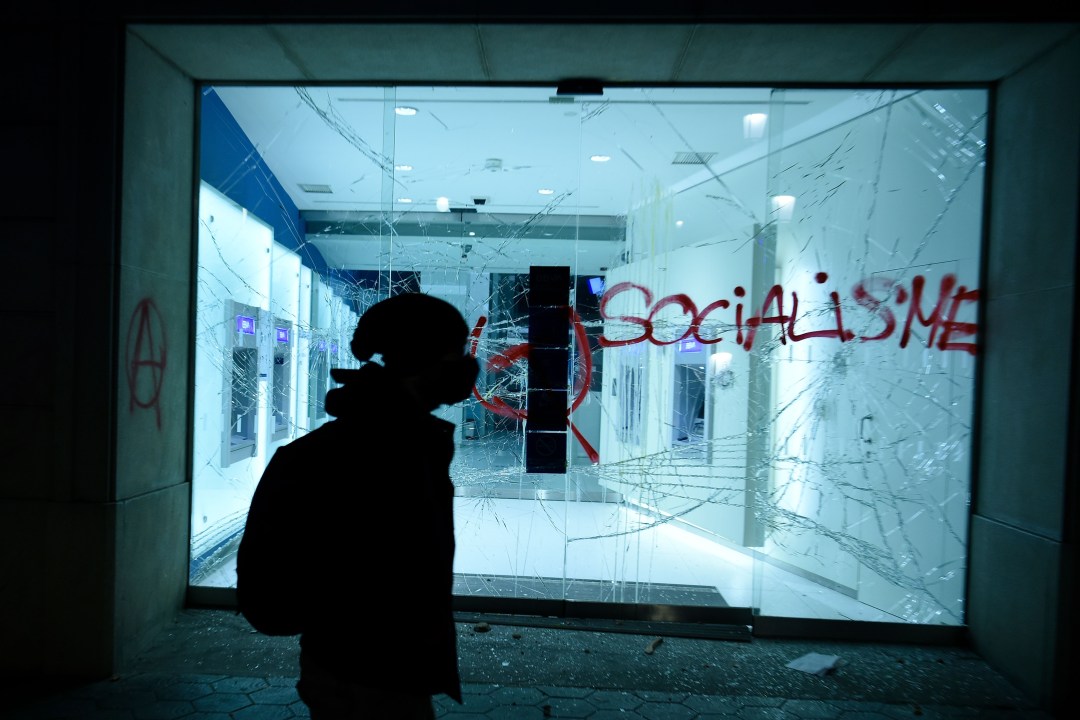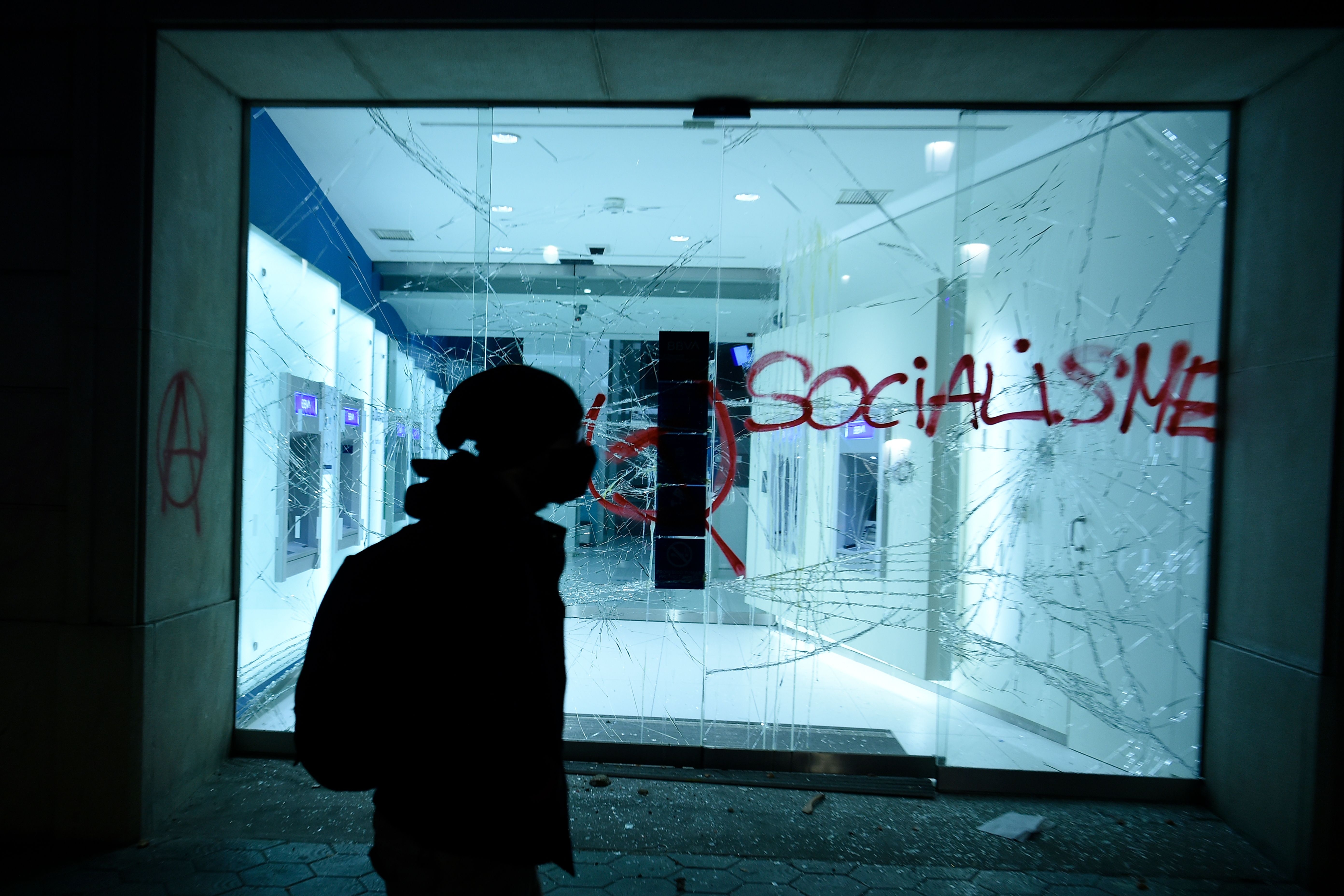Michael Bakunin, the 19th century revolutionary Russian anarchist, identified Spain as the place where his creed was most likely to take root. In 1868, to get the ball rolling, Bakunin dispatched his disciple, Giuseppi Fanelli, to Spain. After some difficulty in raising the money for his train fare, Fanelli finally arrived in Madrid where he was introduced to a small group of printers who attended a working-class educational institute. Although Fanelli spoke only Italian and French and most of the print workers spoke only Spanish, his address made a dramatic impact.
A shortage of money meant Fanelli could not stay long but he left behind copies of Bakunin’s speeches. These were carefully studied and enthusiasm for anarchy was soon spreading like wild-fire through Spain. It became the only country in Europe in which Bakunin’s ideas took root in a mass movement; by the 1930s, on the eve of the civil war, Spain’s anarchists were famed throughout Europe.
Today, Spain’s parliamentary democracy at least offers hope
It was in Barcelona that the anarchists (along with other Republicans) held out longest against Franco, before finally succumbing in 1939. Are the youths of Barcelona who have taken to the streets every night for the last week heirs to the country’s strong anarchist tradition?
This week’s street protests were triggered by the jailing of rap artist Pablo Hasél. Hasél’s social media posts have glorified terrorism, praising Grapo (a clandestine Marxist-Leninist organisation responsible for killing 84 people in shootings and bombings between the mid-1970s and the early 2000s) and the Basque terrorist group ETA, (which murdered 829 people between 1968 and 2010). His songs have also insulted the monarchy, suggesting the guillotine for one royal. He is only the latest victim of Spain’s laws allowing jail sentences for such crimes: another rapper fled to Belgium in 2018 to avoid prison and in 2016 two puppeteers were briefly jailed for glorifying terrorism in their carnival show.
Many Spaniards believe that the country’s penal code should be changed so that such crimes no longer attract jail sentences. Certainly many young people, weary of Covid restrictions, high unemployment, low pay and the seemingly never-ending corruption scandals involving so many Spanish politicians have relished the opportunity to protest against what they regard as ‘authoritarian repression’. Protesters have set fire to the rubbish bins that line Spanish streets, hurled bottles at the police, and looted shops. Indeed it is beginning to appear that what started as a principled protest against repression has increasingly become merely a pretext for vandalism and theft.
The incident has caused tensions in the Socialist-led minority government. While the radical left Unidas Podemos, the junior partner in the coalition, has been accused of encouraging the protests and being far too slow to condemn the violence, the Prime Minister Pedro Sánchez had been very clear that ‘violence is unacceptable in a democracy’.
Meanwhile right-wing parties have been quick to blame the government. The president of the Autonomous Community of Madrid, for example, has criticised the national government for creating ‘a pre-civil war mood’ and likened Prime Minister Sánchez to a latter-day Nero enjoying the spectacle.
She’s exaggerating. Conditions in Spain now are clearly very different from those in the 1930s. Back then the desperate and hungry anarchists had nothing to lose: armed struggle seemed to be their only hope of achieving a better life in a fairer society. Today, Spain’s parliamentary democracy at least offers hope, holding out the possibility of gaining greater freedom and achieving a better standard of living by non-violent means.
Although, rather ominously, some protesters have carried a huge banner reading, ‘You’ve shown us that peaceful protests are useless’, these demonstrations seem likely to eventually fizzle out as the non-violent stay at home and the police gain greater control of the situation. But the scenes of the last few nights serve as a reminder, if any were needed, to Spain’s national government of the urgent need to overcome the pandemic and to restore freedom, the prospect of prosperity and, above all, hope.







Comments